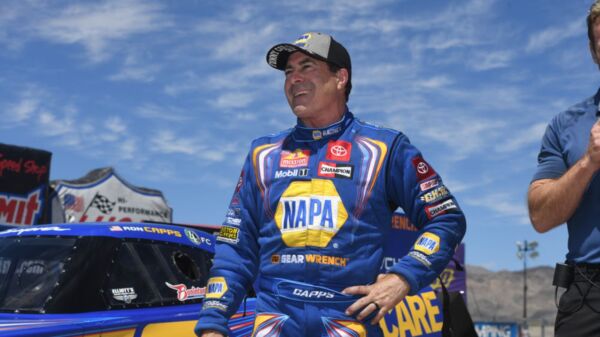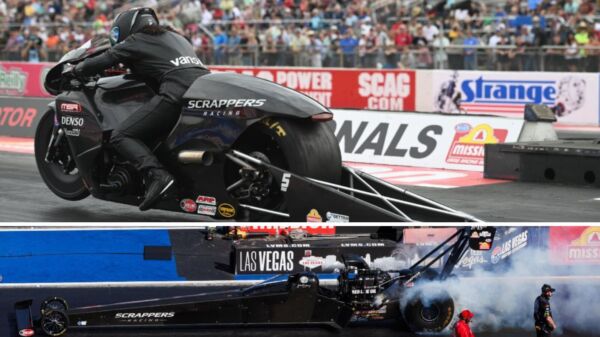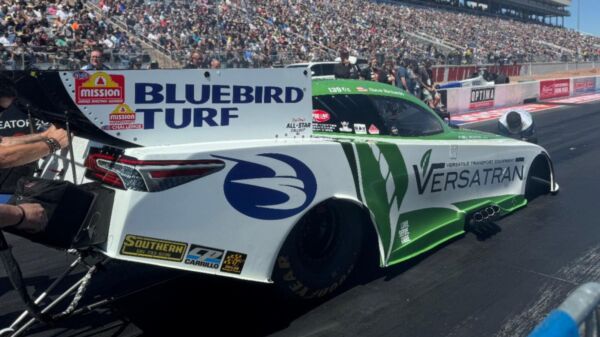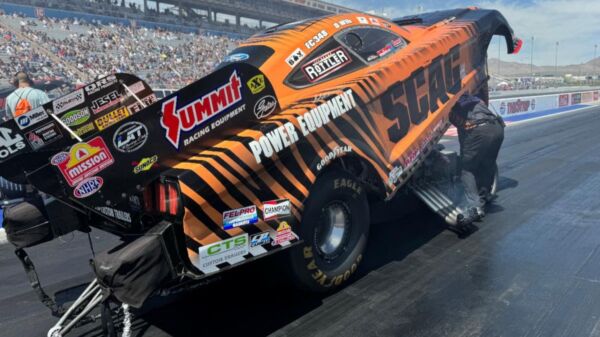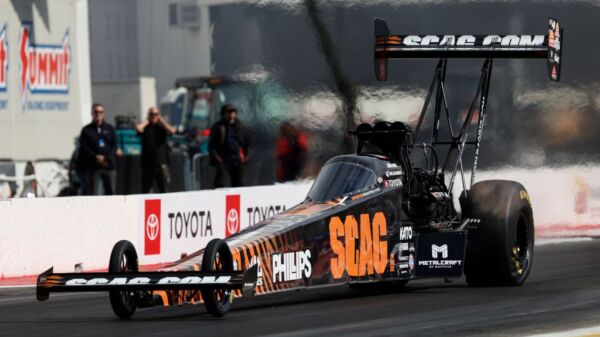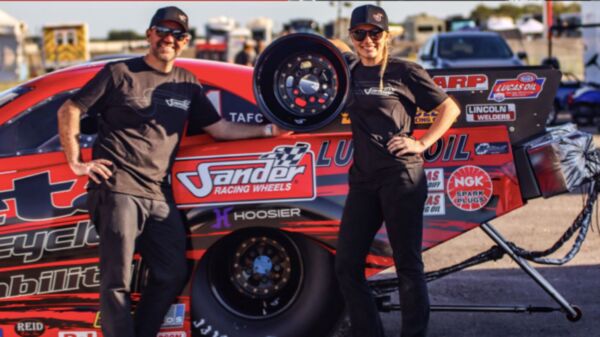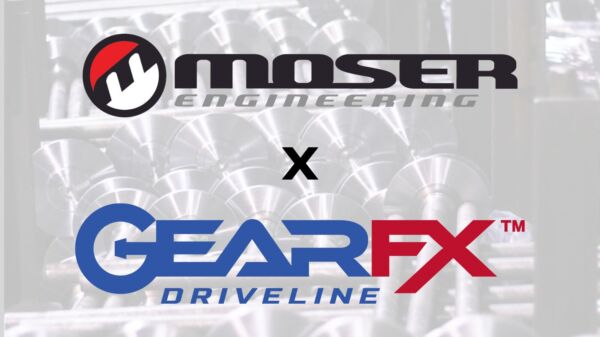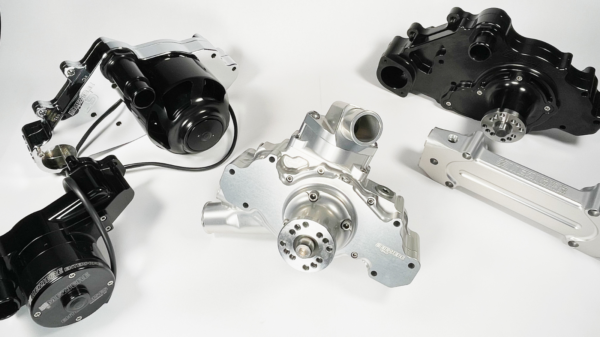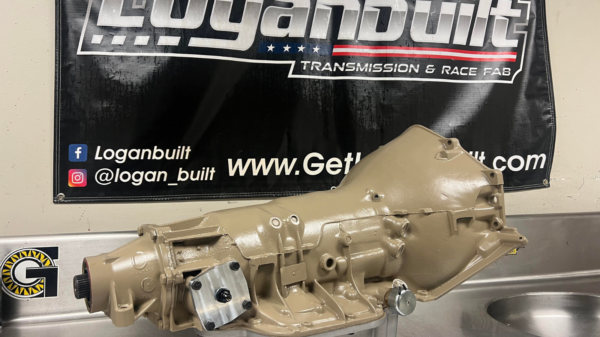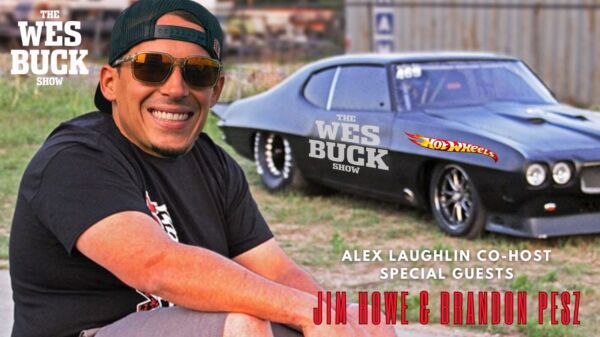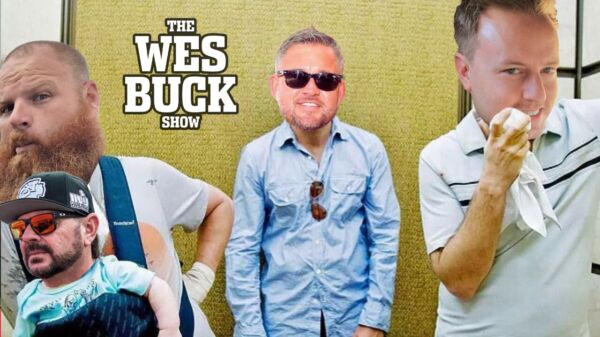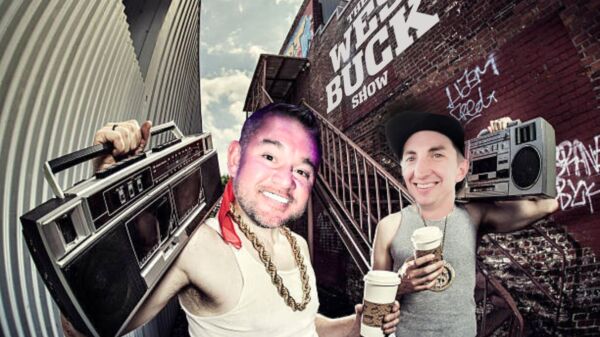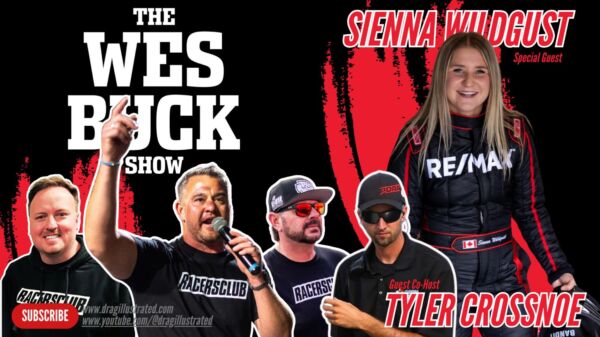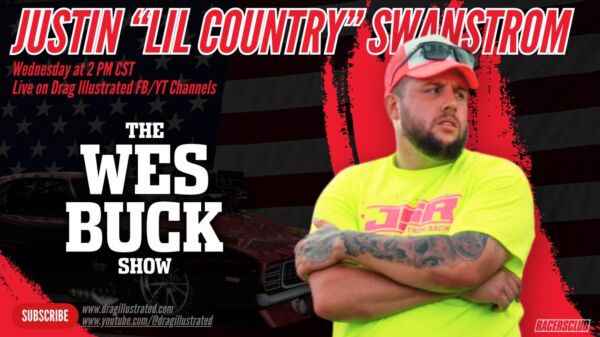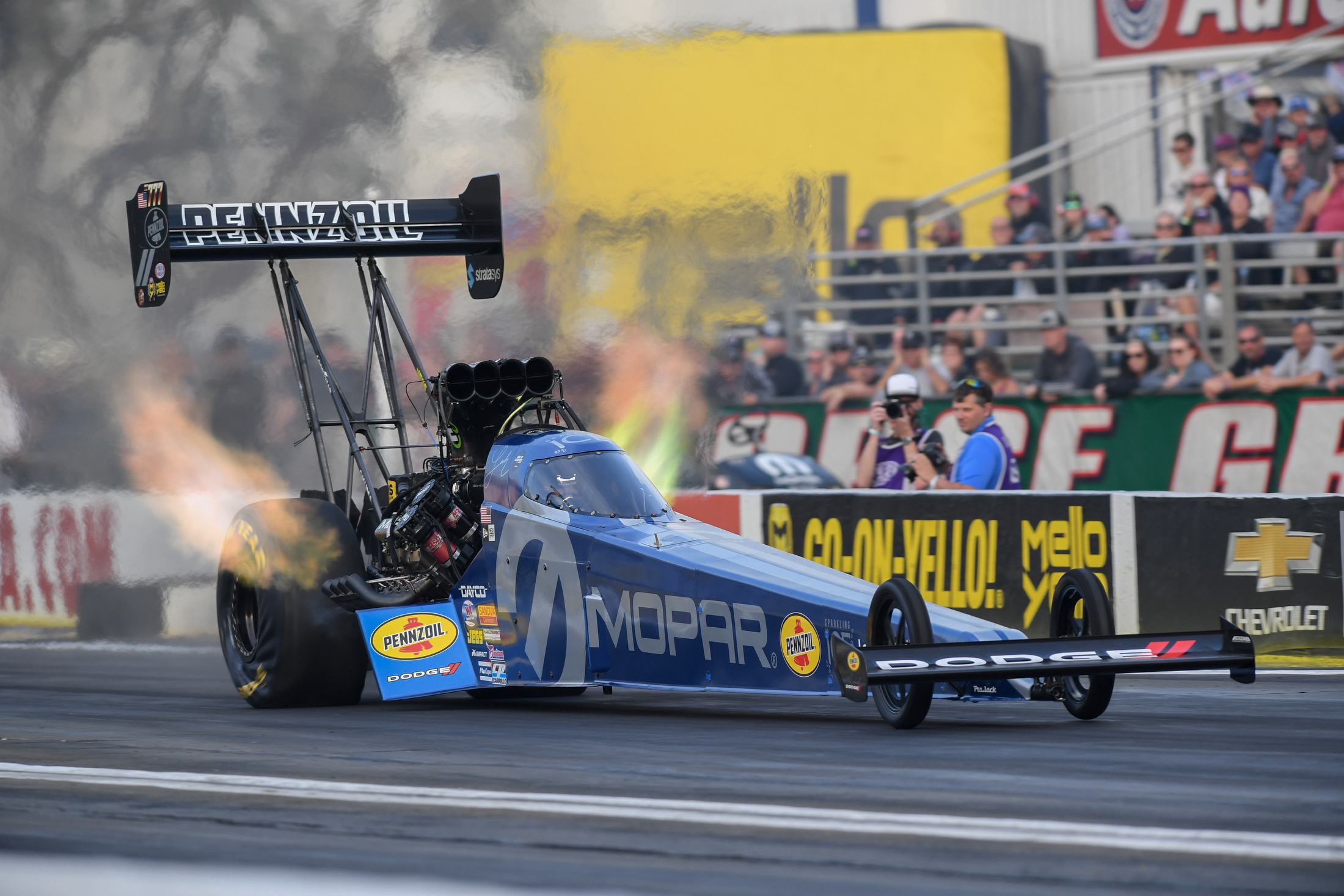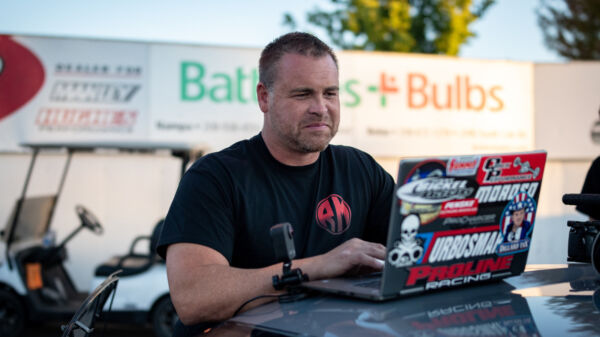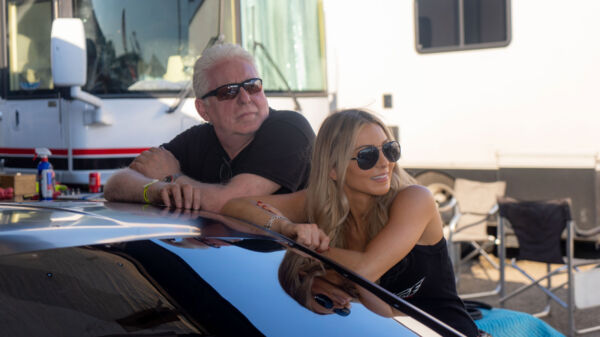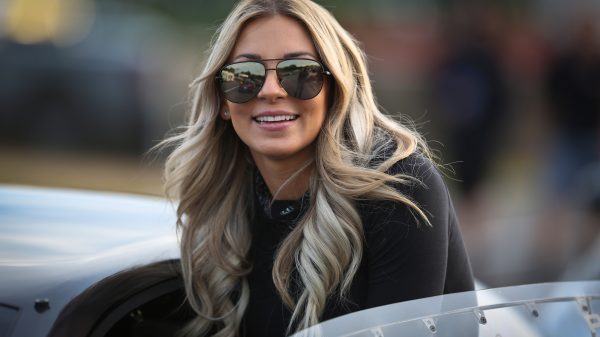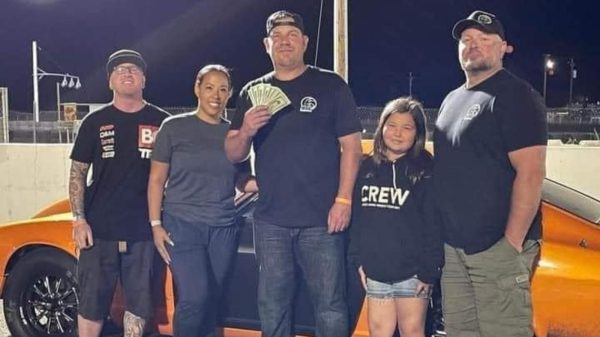The NHRA announced its return to racing on Wednesday with an aggressive schedule to complete the 2020 season. With that announcement comes plenty of questions and we’ve got the team to offer our answers.
Drag Illustrated’s Wes Buck, Nate Van Wagnen and Josh Hachat discuss the new schedule, what went right, what went wrong, questions we all have, what this means for 2021, and how this affects tracks moving forward.
QUESTION: What are your initial thoughts about the new revised schedule?
NATE: I’m just glad that we finally have a confirmed, official, full revised schedule after about a month of “it’s coming out in two hours/tomorrow/next week” rumors.
Overall, it’s the best case scenario given the circumstances. NHRA has taken its time to consider all the options and produce a schedule that tries to satisfy the needs of a ton of stakeholders, from the teams and sponsors to the tracks and personnel it will take to put on this ambitious schedule.
I think it’s a big deal that NHRA will open up these first two Indy races to limited spectators. Over the last few weeks, there have been rumors that it would be one race in Indy, or maybe two, and that it would be for FOX only. It certainly won’t look like the NHRA national events fans are used to seeing, but those two races will be huge for the diehard NHRA fans who live in the area or have the means to travel to Indy.
JOSH: It’s definitely good this day is here. Part of me wonders what could have been done this month, especially seeing the response other motorsports series have gotten by starting already and doing things differently.
It seemed opportunities were there, but we also know NHRA is in a different boat. Starting without fans just wasn’t feasible for a series without a massive television contract. There’s always that what-if for me, though, wondering if there was a missed opportunity. But since that isn’t reality and this is the schedule we have, it does seem NHRA tried to be creative as possible. Getting FOX to broadcast the first four races is a big deal, and these back-to-back Indy races could be fun, interesting experiments. It’s definitely going to give NHRA and its teams a chance to stand out – and hopefully there is plenty of good that comes from it.
WES: Like you two, I’m just thrilled that we’re finally “date certain” (isn’t that like a buzz phrase nowadays?) as far as a return to professional level drag racing is concerned.
To be honest, though, it’s painfully difficult for me, personally, to look past what I believe to have been a slew of squandered opportunities over the course of the last few weeks (maybe months?) and what I feel has largely been a deafening silence coming from our sport’s highest offices. At one point, damn near a month had gone by without any sort of communication from NHRA to the racing masses. That’s a big problem in my book, and I have a hard time looking past it. Was this not a time to try new things? To take chances? To explore uncharted territories? To perhaps pull our racing community together during this time of crisis? I felt like we let what was already a sizable gap become even larger over the course of the last few months. How can that be? How could that be allowed to happen?
Regardless, I’m glad that there is a start date in sight and I’m genuinely excited for these back-to-back races in Indianapolis, specifically. I think I simply enjoy the idea of seeing a NHRA national event that’s different than what I’ve known for the last 15 years working in this sport.
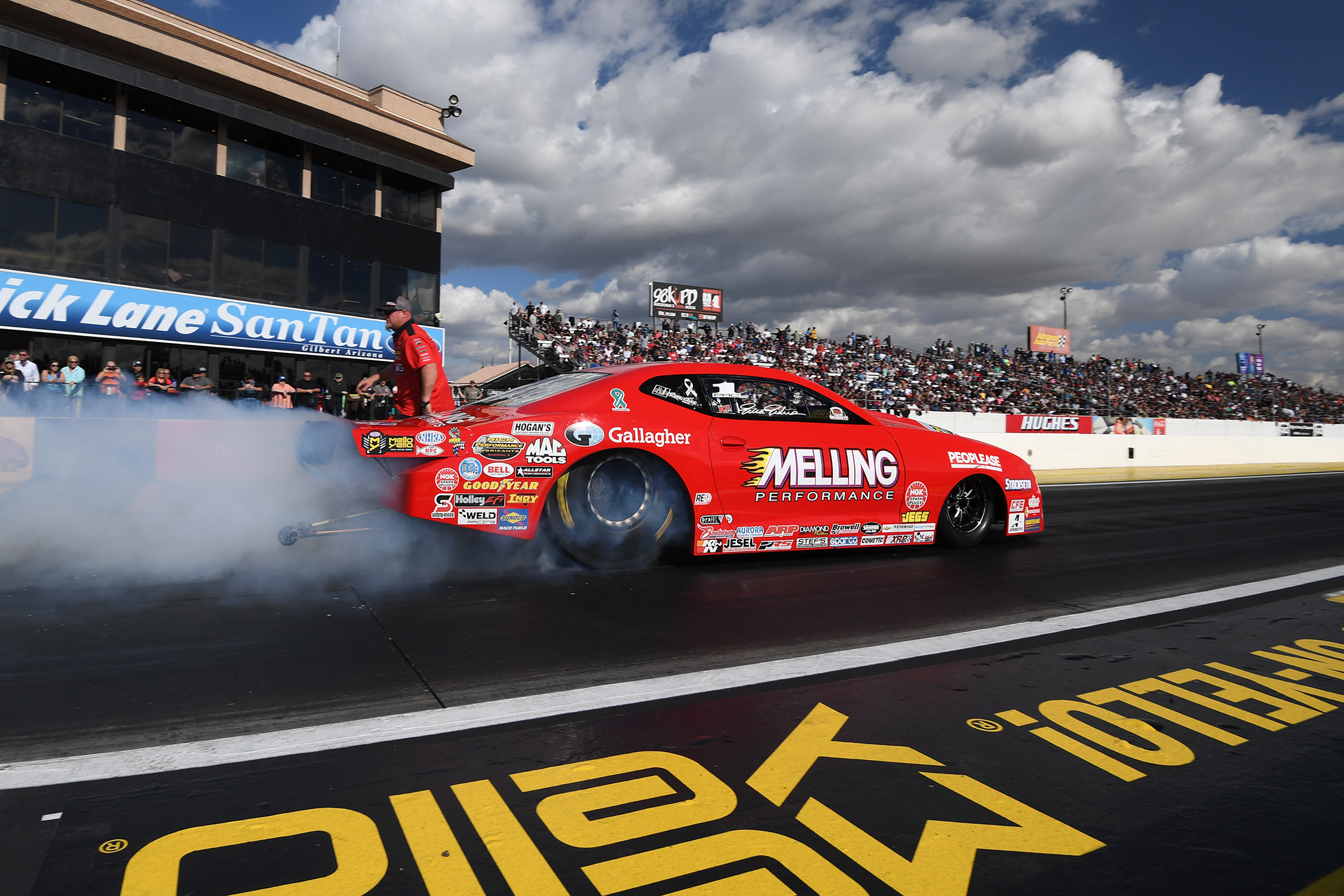
QUESTION: What effect will 14 straight races have on teams? Will teams have to pick and choose?
NATE: Fourteen races in a row is a major ask for the full-time touring teams. For the part-time teams, it’s all but impossible. I think you’ll see all teams playing it safe and conserving parts during that long stretch. They won’t be able to return to their shops as often as they would during normal seasons, so they’ll need to carry as many supplies as they can while using as few as possible. I’m sure you’ll also see teams having parts runners going from the tracks to the shops between some races.
JOSH: This is a massive ask for the fuel teams, even the well-funded and well-represented teams at JFR, DSR and Kalitta. Heck, even the Pro Stock and Pro Stock Motorcycle schedules are extremely aggressive.
Having these be two-days races definitely helps and NHRA definitely deserves credit for a schedule that is extremely well done, logistically. Will teams be under the gun? Certainly. But with racing still more than a month away and a stretch that will be nearly five months between races, hopefully it allows teams enough time for teams to be as prepared as possible. You do wonder if single-car and low-budget teams will have enough to make every race, but there’s a lot to consider in these situations. NHRA was simply running out of calendar, and the hope is a two-day race with only two qualifiers can help teams save parts – and finances – for the long haul. Just keep your fingers crossed that teams can escape major carnage.
WES: I believe the schedule is extremely aggressive and will be challenging for even the most resourced teams, but the desire to race is strong amongst this group, and I think we’ll see significant participation from start to finish. In conversations with a handful of racers, I’ve gotten the sense that they actually have no problem with a schedule like this that has them only staying a couple nights at hotels for a race, only making a couple runs in qualifying, etc. Like Josh, I feel NHRA deserves credit for abbreviating their race weekends. These two-day races are going to be exciting in a lot of ways events haven’t been in the past, and I think it just tightens up what has historically become a real grind for virtually everyone.
Sometimes I feel like we forget that a large majority of drag racers are not John Force or Don Schumacher or Connie Kalitta and, honestly, two of those guys make their livings away from the drag strip. That’s the case with most everyone out here, so making these events a little more racer friendly from a time-investment perspective is just good business – it’s knowing your customer.
However, it’s hard to say something is time-investment-friendly when you’re talking about a race schedule that includes fourteen races in a row. I don’t know how to spin that positive. It’s going to be a challenge for everyone involved and it’ll create a whole new world of problems, but as you have both pointed out – there’s only so much calendar left, and I think this is part of NHRA’s effort to maintain the legitimacy of a world championship in 2020. You’ve got to have enough races to make it mean something and that number is clearly 19 in their eyes.
QUESTION: Do you expect some of the changes like 2-day races to continue moving forward?
NATE: I think some of these changes might carry over to next season, as there will likely be parts of the country still playing it safe next year, but I don’t see the two-race format carrying over much longer past that.
JOSH: I like the idea of two-day races, especially in the markets where data shows it might not be a three-day race city. Just like some tracks draw well at night and others do better during the day, some tracks may do better with massive crowds over two days instead of so-so crowds for three days. I wonder if it’s possible for a third qualifier to be added on a Saturday next year if a two-day event becomes a thing, but I would imagine NHRA pushes forward with a traditional format in most cases.
WES: I would hope. In a lot of cases, at least the businesses and projects that I’m involved in, the changes that are being forced by the economic conditions created by COVID-19 are changes that needed to be made. Obviously, we don’t need 14 weeks of back-to-back drag racing. What I’m saying is that some of the tough decisions business owners have had to make about budgets, projects making financial sense, embracing change and accepting that adaptability is paramount to success in this modern world are things that they’ve needed to for a while. I hope to see the schedule return to something close to normal in 2021, but I’ll tell you that I think 24 races are too many. We’re about to learn that we can survive with less, and we need to embrace that moving forward.
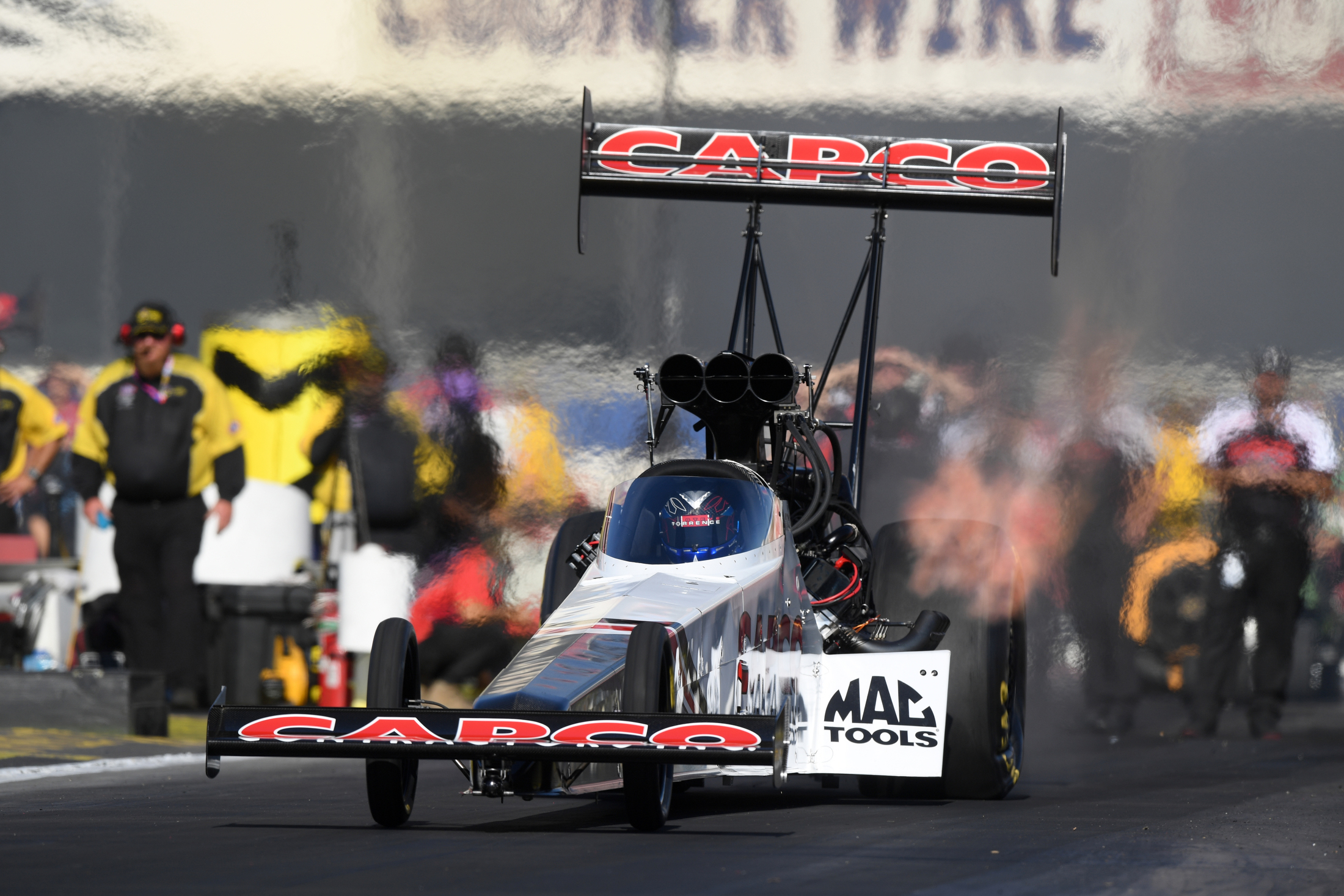
QUESTION: Are there things you hope NHRA implements to get creative, do something different and think outside-the-box the rest of the year?
NATE: I would love to see some of these races, especially in the summer, turned into night races. There is no one on the face of this planet who wants to see Top Fuel cars running in the middle of the afternoon in late august in Atlanta. And nitro cars under the lights at the palatial zMAX Dragway in September? What a show that would be. Night races – including eliminations – is the No. 1 thing I’d like to see come out of this unusual new schedule.
JOSH: I’m with Nate. The more night – or at least evening – racing the better, or at least where it makes sense. With the U.S. Nationals running eliminations on Sunday this year, how cool would it be to have eliminations under the lights in Indy? I think a lot of people would dig that. The same with four-wide eliminations in Charlotte and a handful of other places. It’s a prime opportunity to try some new things and get as creative as possible. I’ve mentioned weekday racing previously – and I’m all for it – but I hope NHRA is willing to try some new things.
One thing that does make me nervous is NHRA getting lost – even more than normal – in the sports conversation during what’s going to be an insane fall schedule for nearly everything. Every major sport and every motorsport will be back by the fall and competing for eyeballs. NHRA has its niche audience for sure, but I’m hopeful it can try some new things to bring some new fans into the equation during what’s going to be a crazy fall.
WES: I hardly know what to add. I, too, am in full support of as many night races as possible. It seems like one of our sport’s biggest selling points (header flames) have been allowed to fade into the background. First, we somehow allowed for it to be OK to do short, near smokeless burnouts. Now, we’re going to allow header flames to become a thing of the past? Are we stupid? It kinda feels like we’re stupid.
If we don’t have a set number of night races on the schedule this year or next, I will have lost all faith in the direction of NHRA drag racing. These events so badly need variety and differentiation from event to event. I want to be looking forward to our version of NASCAR’s Bristol night race. We need things like that. In my opinion, the only race we really have that is different is the U.S. Nationals, and that’s just because it’s really, really, really, really painfully long. This year we don’t even have that.
Again, I agree with Josh that we are certainly in deep shit when it comes to standing out in the crowd this year. Once stick-and-ball sports return to action – likely with some sort of cool, new, never-before-scene schtick or gimmick like a tournament in Orlando that pits two titans of West Coast basketball against one another for a first-of-its-kind championship, for instance – we are going to have an extremely hard time breaking through. It’s fantastic that we’re going to get some airtime on big FOX to restart the season, but I still think we’re going to have our hands full competing with an onslaught of action, news and headlines from other sports.
In my opinion, we’ve already missed our opportunity to stick out or stand out, but I do understand the reasoning (somewhat). I don’t agree with it, and it’s not what I would have done, but I’m not in charge. I feel NASCAR will reap the reward of returning to racing as soon as possible – before anyone else – for years to come. Honestly, I think they had to…because letting people start thinking that online gaming/racing was a suitable replacement for real racing is a whole other problem (and discussion).
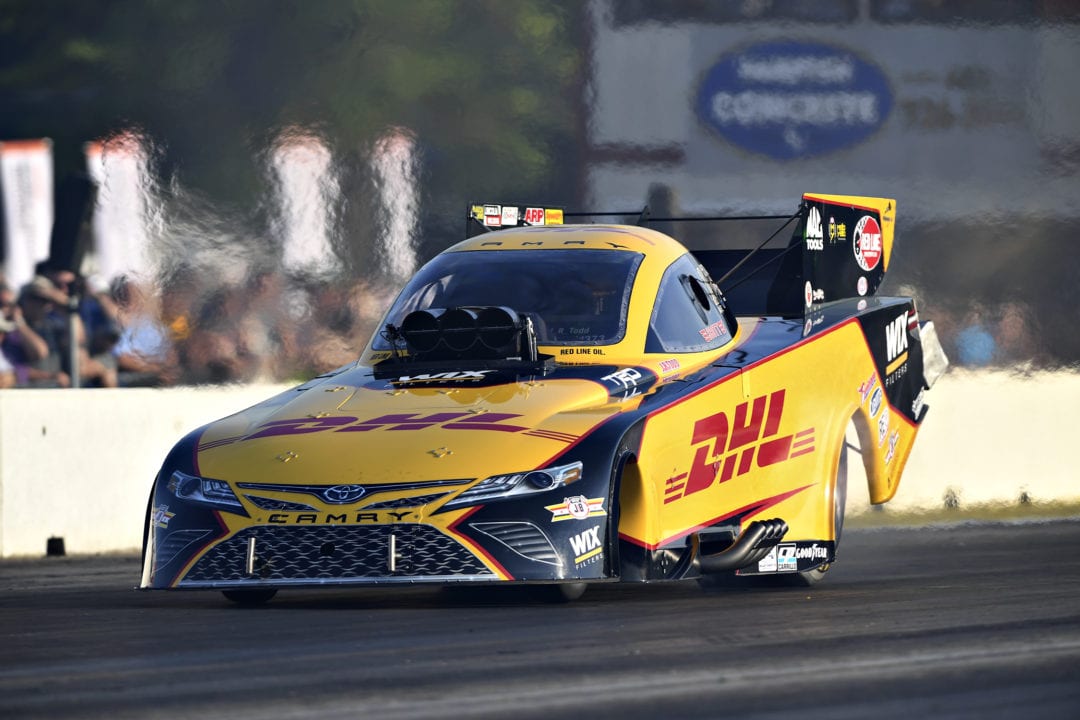
QUESTION: What long-term effects do you expect from the tracks not getting a race this year – if any?
NATE: We’ve already seen Summit Motorsports Park and Route 66 Raceway announce that they won’t open at all this season. While it could be argued that those two decisions were in the works whether or not those two tracks were getting their usual race, it’s still concerning. An NHRA national event is a big moneymaker and point of pride for tracks, and it was a crushing blow for the tracks, as well as the local fans and racers, when several tracks were taken off the schedule.
The income from NHRA national events helps a lot of tracks justify opening the gates for events that aren’t profitable. Will we see more tracks decide not to run those unprofitable events, or even sit out the season entirely? I definitely think it’s possible. That’s the most concerning effect that I think you’ll see happen this season. Beyond this season, it’s hard to say.
JOSH: I think a track like Summit Motorsports Park will be fine. They’ve long established themselves as a track that can stand above the rest, so I fully expect them to be fine. But Route 66 has already had some trying times with the local community, so a full year without racing may have non-racing fans questioning the need to keep the track open.
That’s definitely worrisome. Like Nate said, it’s definitely a crushing blow to not have a NHRA race, but the tracks ahead of the curve have made it a point to find ways to be successful in case this happened. Virginia Motorsports Park has unearthed seemingly every idea possible to stay successful without the NHRA race, and that’s big. An NHRA race is very important to these tracks, but being totally reliant on it to have a successful year may not be ideal moving forward.
WES: I think it’s troubling on a lot of levels. I look at tracks that have lost their NHRA national events for 2020 and my stomach turns. I can’t imagine the impact that has on their bottom line. Essentially three months into the season and with the cancelation of their NHRA national event and likely cancelation of their historically otherworldly successful Night of Fire, Bader Jr. at Summit Motorsports Park said that they’ve already lost out on 83% of their revenue for the year. For most national event tracks it’s that one weekend that the big show rolls into town that keeps them afloat.
This, like I said earlier, is a problem that has existed for a long time, but is being brought to the forefront of our minds by the Coronavirus pandemic. It’s never been more important for a motorsports facility to find ways to diversify their revenue streams, and that’d be my advice to anyone in that space. I’d be finding a way to rent my parking lots, farm unused acreage, host concerts, hold tractor pulls, or whatever I could possibly do to generate revenue every single day.
You show up at Bandimere Speedway on a Tuesday morning and you’ll see police officers performing driving training. Head out to Tulsa Raceway Park right now and you’ll see a new gravel parking lot filled almost entirely with brand new school buses that are being parked there until sold. Swing by Orlando Speed World Dragway right now and there are probably 20 rigs in the parking lot belonging to racers who’ve paid to test this week. I remember when Darlington Dragway had two events a year – the IHRA Spring Nationals and the Fall Nationals. They weren’t open any other time. That’s not a model that works in 2020.
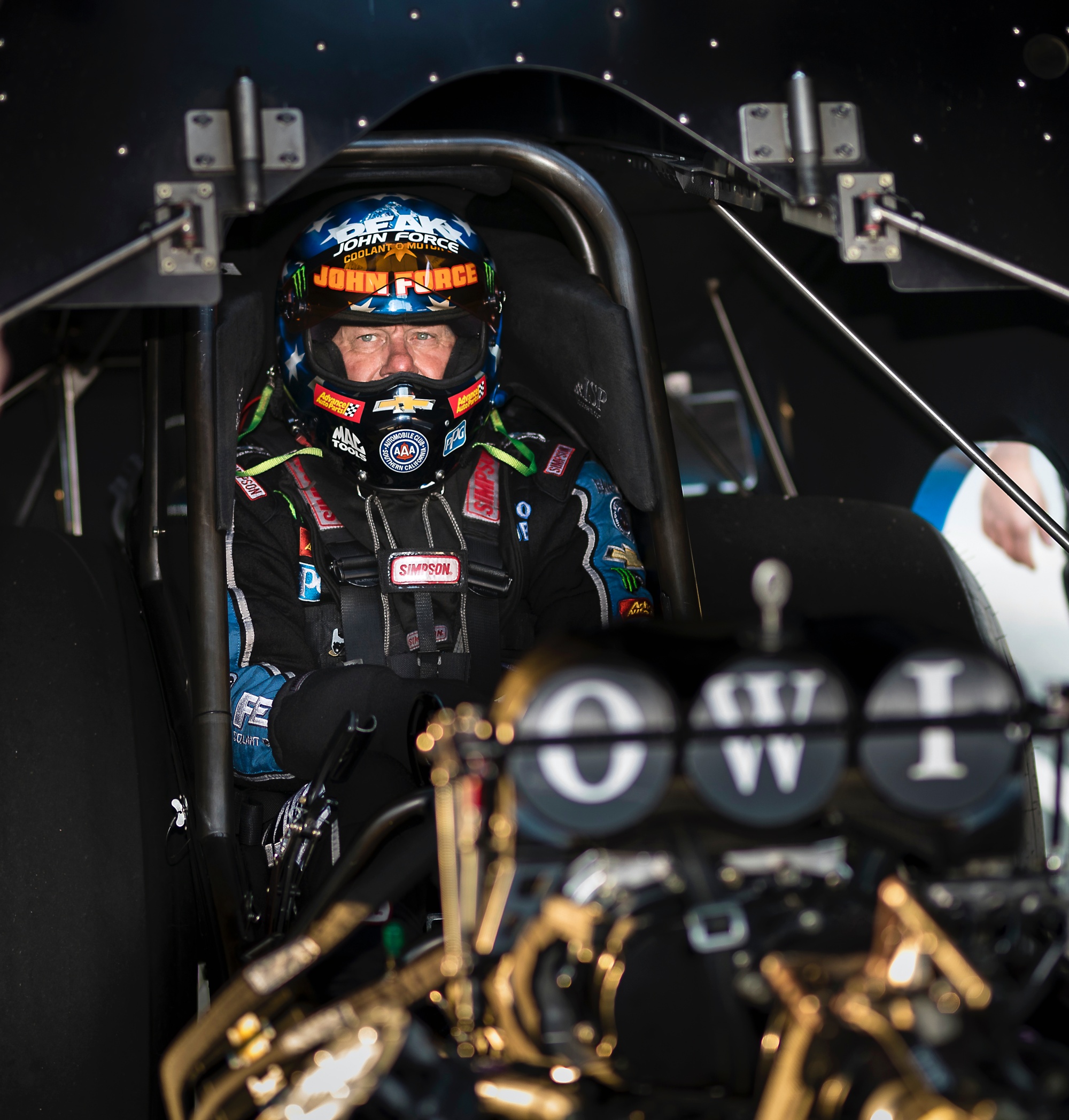
This story was originally published on June 3, 2020. 
